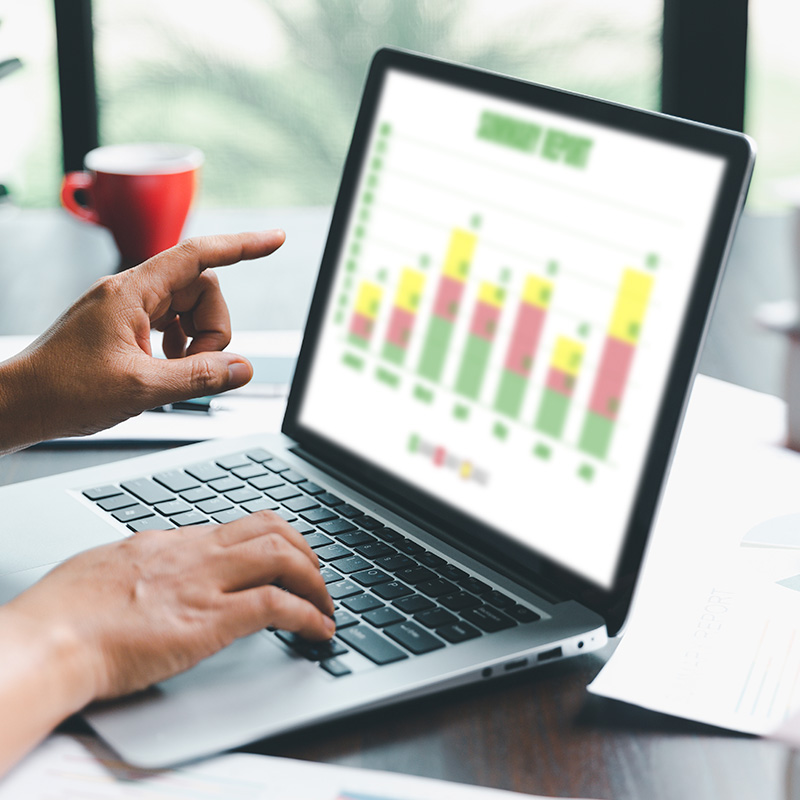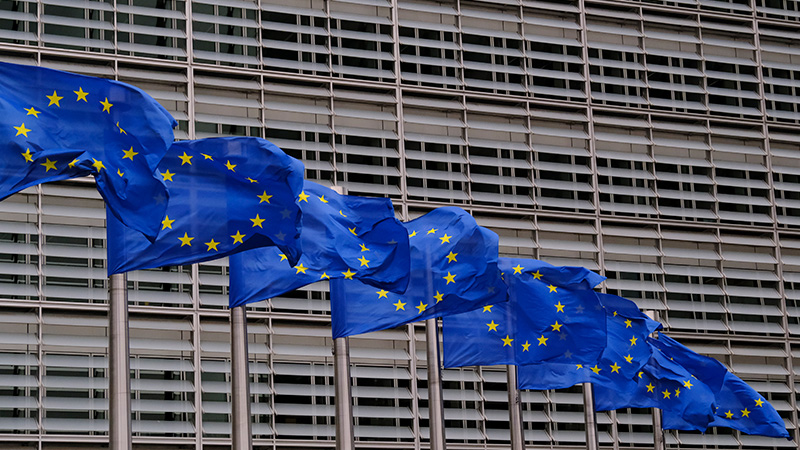Identifying & Assessing Sustainability Aspects of Industrial Bi
Digital Tools for Industrial Bio-based Systems
Monitoring the circularity and environmental and social impacts of industrial bio-based systems

A bio-based system covers all sectors that rely on biological resources, processes, and principles. The BIORADAR project envisions a comprehensive approach to exploring the connections between bio-based systems and their applications, circularity, and environmental and social impacts which will consist of examining the four key phases of industrial bio-based systems:
- Biological resource production.
- Processes.
- Transportation.
- End-of-life for bio-based products.



